Want to contribute to this article?
Sonnedix Power Holdings is a major independent solar power producer with 160 photovoltaic plants in 8 countries.
Sonnedix became Qualsys customers in 2018 to strengthen and automate their health, safety, environmental and social governance processes across the globe.
We spoke to Jonathan Elven, Environmental, Social & Governance Manager, and Juan Pinillos, Health, Safety & Environmental Manager, about:
- the future of the energy sector
- the importance of Sonnedix's clean energy mission
- the 'secret of growth' in the energy world
- how Qualsys's software will support the journey

Qualsys: Climate change has been all over the press recently with the IPCC report.
Global CO₂ levels need to fall by 45% by 2030 to keep the global temperature increase from surpassing 1.5°C.
How do you think the energy sector and the demand for renewable energy is going to change?
Jonathan: I think, globally... people are waking up.
But it's not just about understanding that we need renewable energy. It's about accessibility.
You can have the biggest solar plant in the world, but if people can't afford to buy the electricity from it, if the market isn't ready for it and doesn't support it, then it's no use to anyone.
We have a vision as a company that what we do will leave a positive impact and a brighter tomorrow.
That's our thing. That's what we believe.
Look at how the petrochemical companies are rebranding themselves to appear more 'green'.
Shell Oil is now just Shell.
BP tried to position themselves as 'beyond petroleum' in 2000.
Gulf Petrochem are now GP Global.
Perceptions of energy are changing and the polluters are looking to change their identities. There's been a wholesale shift.
It's the same with plastics, which come from oil. Look at the perception of plastics now. People are starting to link things together.
But there's a long way to go. Costa Rica ran for 300 days in 2017 on renewable energy. The UK did 3.
Solar is growing, there's no doubt about it. New plants are built every day.
But there comes a saturation point - which is not for a long while - but that saturation comes down to the limitation of solar, which is the storage.
The next area we're going to tackle is the storage of solar power. That opens up the possibility of 24-hour supply from solar plants.
We're already looking at that, exploring how to provide 24-hour supply and also buffer the ebbs and flows of grid demand, storing a chunk of energy near each site to stabilise the supply. That's our goal.
There's a long way to go. Costa Rica ran for 300 days in 2017 on renewable energy. The UK did 3.
- Jonathan Elven, Environmental, Social & Governance Manager
Juan: Another milestone is boosting the efficiency of compression. With current technology, the peak efficiency is 23% conversion. We want to improve that significantly.
Jonathan: We're looking at bifacial panels. They don't have an opaque backing sheet like other panels, so they can pick up reflected light from behind too.
Areas of high albedo, like snow for instance, can mean a good gain in output. So we're looking at all these areas.
Our motto is 'we harness the power of the Sun to build a bright future'.
A bright future for us doesn't mean global warming and everything that contributes to that. It means doing our bit to produce electricity in a responsible way that doesn't ruin the planet.

Sonnedix operates solar plants in 8 countries
worldwide, from Spain to Japan
Qualsys: Where does your project with us fit into that?
Jonathan: Well our responsibility isn't just to the environment.
It's to our people and the communities we work with. Knowing where we have problems means we can address them, improve them and prevent them happening again.
That visibility of data from EQMS is where that comes into it for us as a responsible producer.
A bright future for us doesn't mean global warming and everything that contributes to that.
It means doing our bit to produce electricity in a responsible way that doesn't ruin the planet.
- Jonathan Elven, Environmental, Social & Governance Manager
Qualsys: How has Sonnedix got to where it is today?
Jonathan: We're a company that came very much from an entrepreneurial background.
We're quite a young company and we're growing rapidly, and we've recognised that we need a more formal structure for compliance, health and safety, and so on.
There comes a point when the likes of Excel and Smartsheet run out of steam, so you need to look for a more formal system. That's what steered us down the route of Qualsys.
What we're looking to do now is bring more visibility of events, more tracking of incidents and of our systems. Taking things from a flat two-dimensional spreadsheet and putting them in people's faces.
We want to make data accessible to people, but make it easy for them to work at the same time and take some of the burden away from them.
We want a system that captures the data we generate as a business and gives us more structure.
 Sonnedix commits to sustainability and supports local
Sonnedix commits to sustainability and supports local
ecological projects like tree-planting in Puerto Rico
Juan: Not only capturing information but managing the health, safety and environmental processes as well.
There comes a point when the likes of Excel and Smartsheet run out of steam, so you need to look for a more formal system.
That's what steered us down the route of Qualsys.
- Jonathan Elven, Environmental, Social & Governance Manager
Jonathan: Yes, you can do a lot of things on Excel - but actually managing processes end-to-end and tracking them through to completion becomes trickier as you get bigger, as you get more people and more sites.
We have projects in sensitive areas around the world.
If we build a plant in the middle of a desert somewhere, we come into contact with local and indigenous peoples, with local government officials and so on.
We need to track our interactions with all these stakeholders.
By building an incident type in EQMS, we can classify each interaction and build a log of everybody we've spoken to and the actions that have come out of it, any commitments we've made.
That allows us to follow up and complete what we need to.
Juan: You can't follow up properly without the right tool. And following up is crucial.
You can uncover all the problems and areas of improvement you like, but without the right tool to drive the action properly, you're lost.
Jonathan: For me, the right tool is something that does part of the job for you.
I add an action into EQMS, the relevant person is notified and reminded right through to close-out. I have visibility, I can see if it's done, and at the same time I'm not having to chase people. That's quite liberating.
We've come to an age where data is power. To be able to give that data to managers and teams is empowering.
We'll be using Qualsys's software for that health, safety, social and environmental governance and community engagement side of things first.
Then the longer-term drive for quality improvement will come after.

Sonnedix wanted to strengthen their environmental and social governance processes with an electronic management system
You can uncover all the problems and areas of improvement you like, but without the right tool to drive the action properly, you're lost.
- Juan Pinillos, Health, Safety & Environmental Manager
Qualsys: How does the compliance landscape around those areas impact Sonnedix as a business?
Jonathan: The landscape is changing. If I look at the environmental and social governance landscape now, there's much more focus than there was a few years ago.
Before, people built something and it went up.
But now instances like Grenfell have highlighted quality issues: if they'd done the right inspections, followed the right processes and applied the right standards, would an incident like that have happened?
We've come to an age where data is power. To be able to give that data to managers and teams is empowering.
- Jonathan Elven, Environmental, Social & Governance Manager
And at a corporate level for us: if we build things correctly, if we monitor things properly, our business will run smoothly.
Our focus is on environmental, safety, community, and the health of people.
EQMS has the flexibility to be applied to those areas.

Multinational clean energy production means interacting with a wide range of stakeholders. Tracking and monitoring actions electronically was identified as a key business goal
Qualsys: Was that what drew you to EQMS? The flexibility?
Jonathan: Well, I've used a lot of other software systems in the past. And whenever you want to make a change - add a new audit form, a new inspection type - there's a charge. £1000 here, another £1000 there.
That adds up. That's always the challenge.
EQMS was clean, sensibly priced, I liked the licencing where you work on an administrator basis and are flexible with the end users, which will allow us to extend the system up our supply chain. There was a lot of things there that made sense.
Juan: I like the flexibility and the modularity of the set-up, and the fact that you can build your own templates if you like. That's the part that I like the most.
Jonathan: I looked at specific health and safety systems, and they just didn't quite offer the scope that I wanted.
This is bigger than just health and safety so we needed something we could extend beyond a pure health and safety system.
In this day and age, if you're doing any project work with stakeholders, you've got to track them.
You need to know who's doing what, when complaints come in, when things are closed and addressed, you need to know things are happening. And if they're not, you need to know how to respond.
So being able to define our own action types, our own workflows, means we can build solutions to tailor to each scenario. That makes us stronger.
EQMS was clean, sensibly priced, I liked the licencing where you work on an administrator basis and are flexible with the end users, which will allow us to extend the system up our supply chain.
There was a lot of things there that made sense.
- Jonathan Elven, Environmental, Social & Governance Manager
Qualsys: What's the plan for the next year?
Jonathan: We want to continue to grow, but grow sustainably. Organic growth that works.
Most companies can grow. If you've got the finance, you can grow. But if you don't grow in the right way, you just cause devastation and things fall apart.
Part of growing properly is bringing systems like this in.
Juan: It's about optimising as much as growing, improving what we're doing. Having tools like this will be very helpful.
Jonathan: The secret of growth, for me, is matching your resources to your growth.
That doesn't just mean recruiting new people. It means supplementing the resources your people work with, so they can deliver more with less impact.
So in this case, if we can automate and control what's going on, manage our day-to-day HSE work, auditing and so on in an automated and controlled system that does a lot of the work for us, it pulls back time to do other things.
We can optimise our plants and update their technology, but ultimately it's about optimising us. The tools we use and our processes.
By doing that, we then have the capacity to grow the right way.
The secret of growth, for me, is matching your resources to your growth.
That doesn't just mean recruiting new people. It means supplementing the resources your people work with, so they can deliver more with less impact.
- Jonathan Elven, Environmental, Social & Governance Manager

More resources
Looking to address your own energy challenges and make your business more energy-efficient? See how our software can help with our free datasheet:




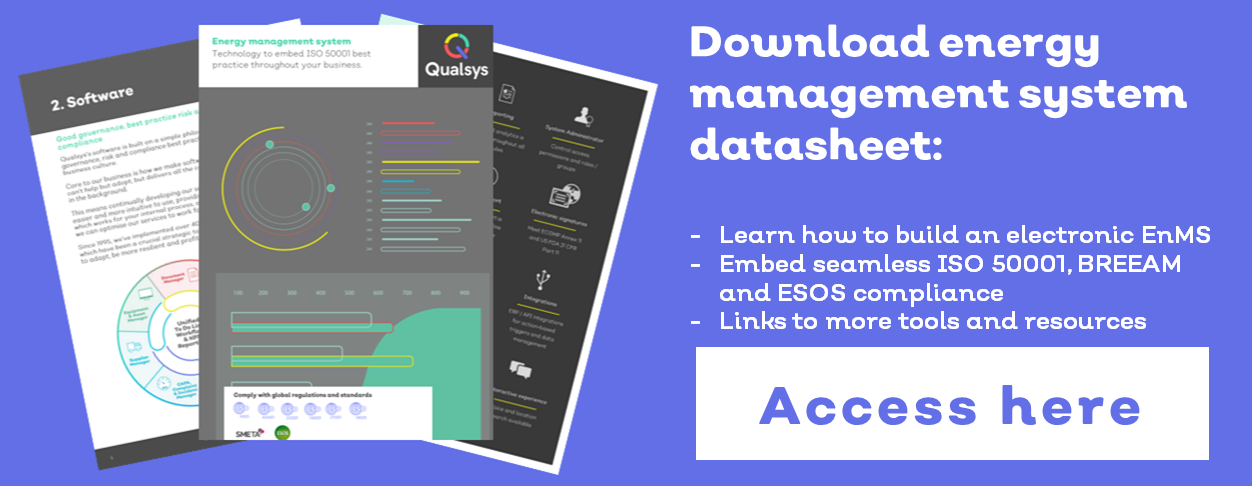
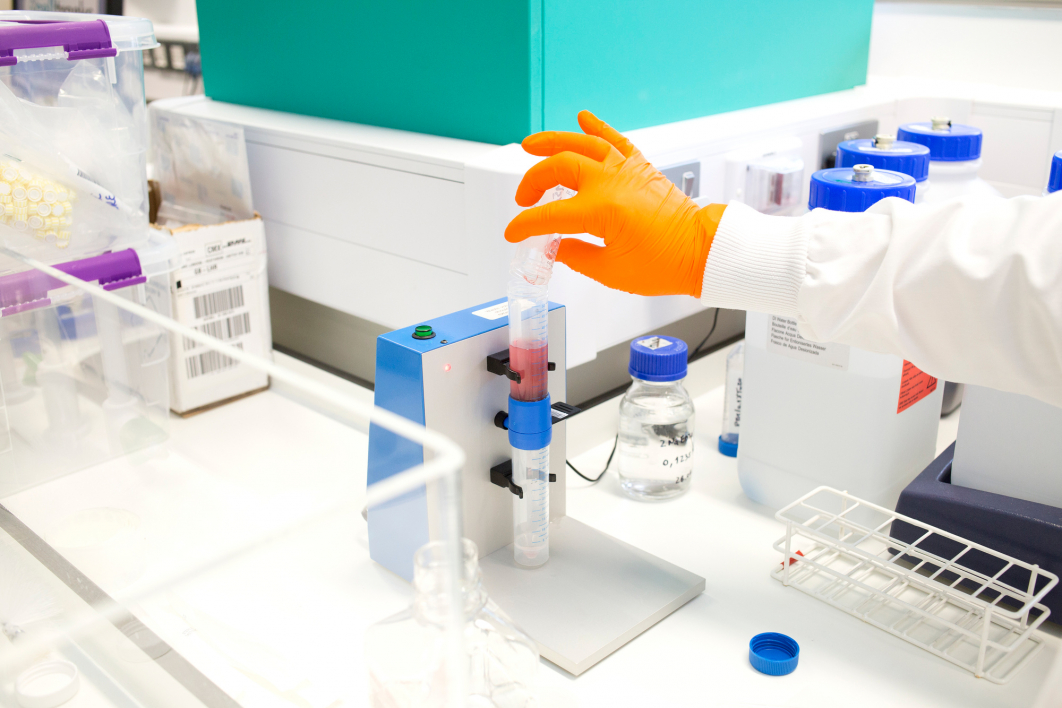
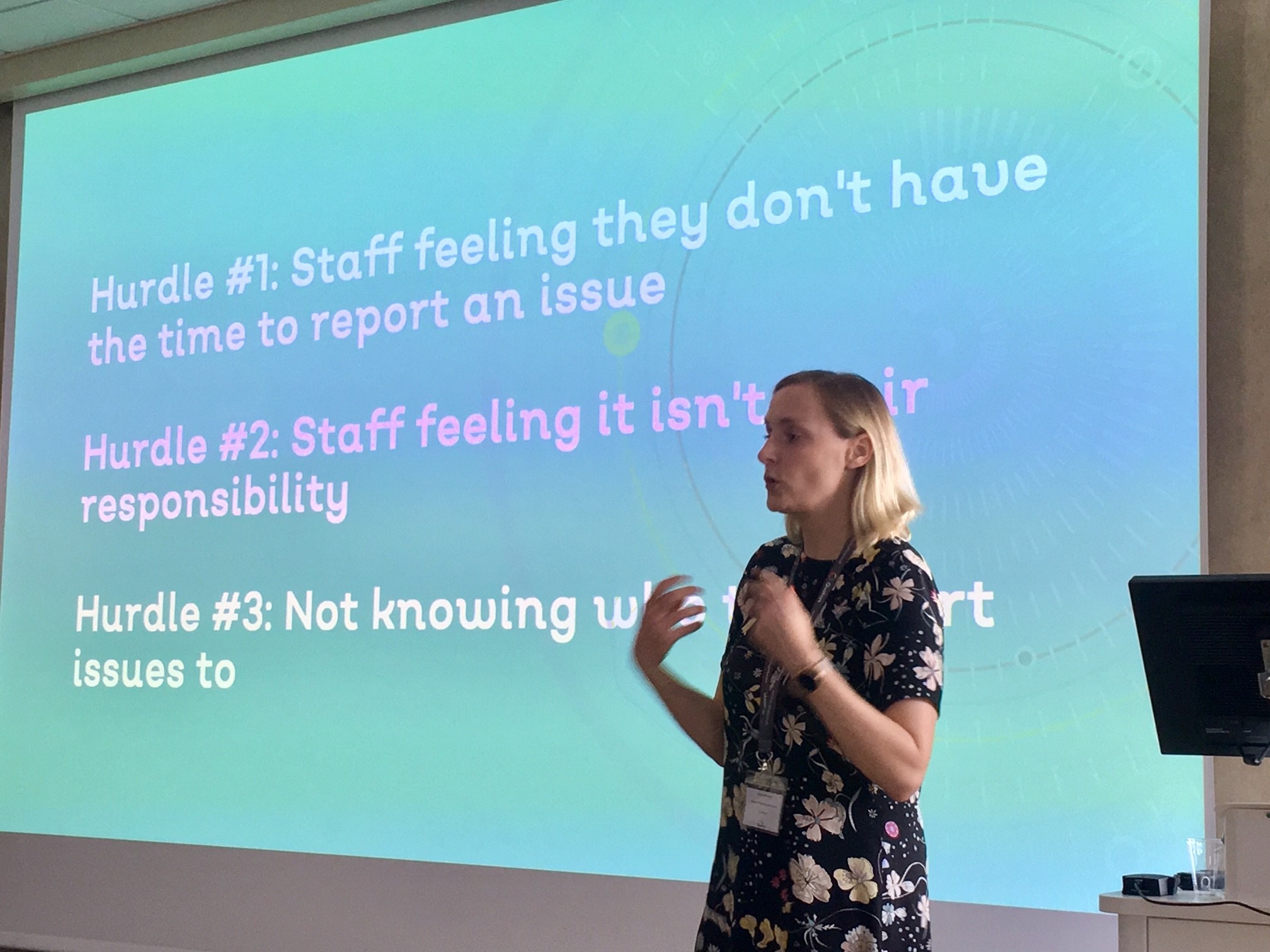
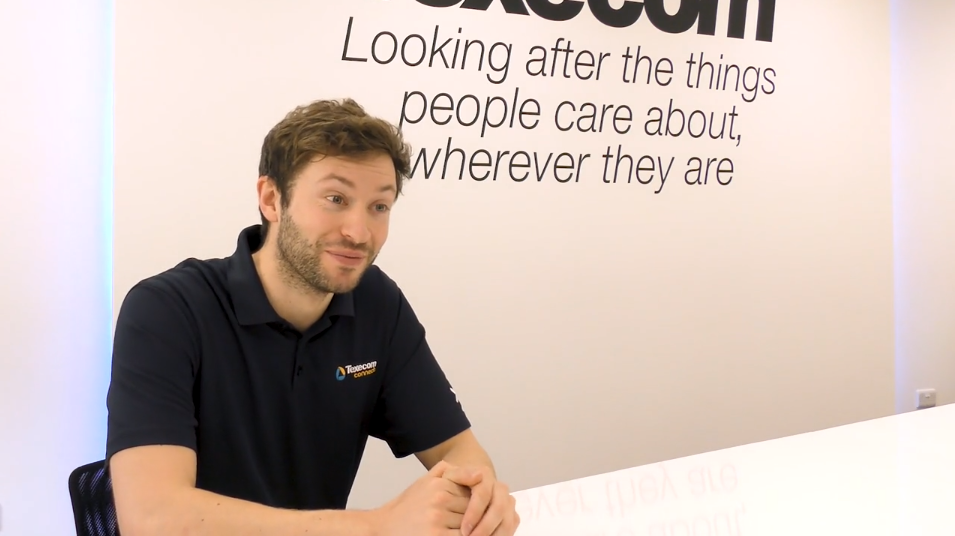
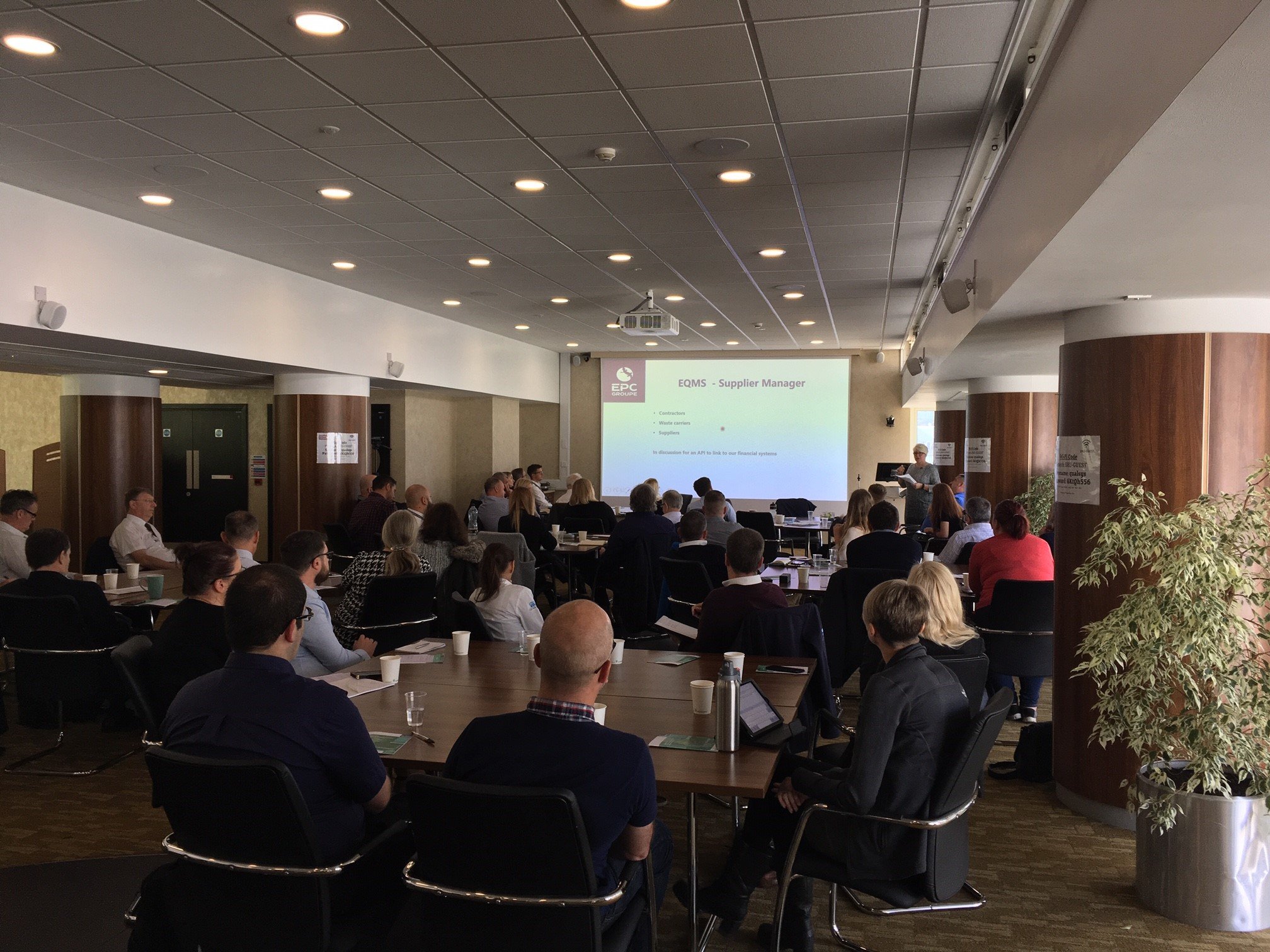
Share your thoughts on this article